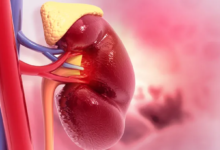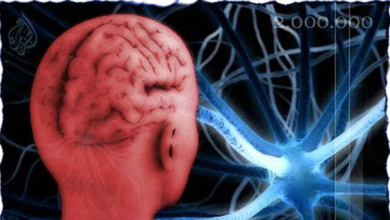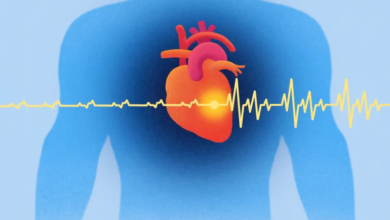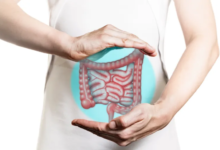The Urge to Urinate Frequently: When Is It a Medical Concern?
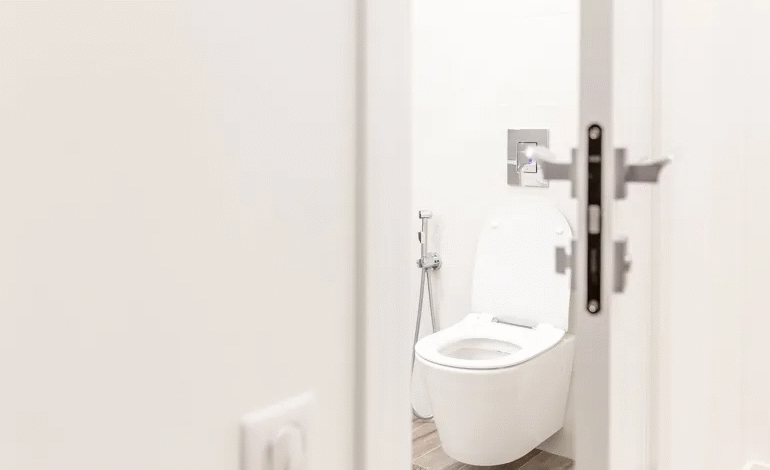
A persistent and urgent need to urinate can disrupt nearly every aspect of daily life—from performing routine tasks and engaging in social activities to exercising and getting a full night’s sleep. Millions around the world suffer from a condition known as overactive bladder (OAB), which causes a sudden and frequent urge to urinate, even when the bladder isn’t full.
It’s important to distinguish frequent urination from urinary incontinence, which is the involuntary leakage of urine.
According to Dr. Sushma Srikrishna, a consultant in gynecology, urology, and obstetrics at the London Bridge Hospital in the UK, between 40% and 50% of women will experience frequent urination at some stage in life.
Men, too, are affected. About one in three men over the age of 50 experience symptoms of prostate enlargement, one of which is frequent urination.
The Cleveland Clinic explains that in men with an enlarged prostate, the bladder fills up faster and becomes harder to empty, which contributes to the frequent need to urinate.
Infections like urinary tract infections (UTIs) also cause frequent and painful urination and can affect both men and women.
In men, particularly older ones, a burning sensation during urination may indicate prostate enlargement or inflammation.
How Often Is Too Often to Use the Bathroom?
There’s no one-size-fits-all answer, but the key is whether urination affects quality of life. Dr. Srikrishna explains:
A woman’s bladder typically holds between 400 and 600 milliliters of fluid, with an average interval of 3 to 4 hours between urinations, depending on fluid intake.
Increased urination in women may be due to hormonal changes, while in men it can be due to prostate problems or diuretic medications, such as those prescribed for heart conditions.
When Should You See a Doctor?
According to Dr. Srikrishna:
It’s unusual for individuals under 50 to wake at night to urinate. After 50, waking once per night becomes normal, and it’s more frequent in the 60s and 70s—for both men and women.
During pregnancy, women may urinate more often. However, in non-pregnant women, an unusual increase in urination may signal a medical problem.
Consult a doctor if there’s no clear reason for the frequent urination (such as drinking lots of fluids, caffeine, or juice), or if it disrupts your sleep or daily routine. Other concerning symptoms include pain during urination, fever, or loss of bladder control.
Dr. Srikrishna emphasizes the importance of ruling out underlying conditions such as UTIs or diabetes. Neurological disorders like Parkinson’s disease and side effects from diuretics, including blood pressure medications, can also contribute. Even in the absence of a clear cause, the symptoms are still treatable.
Does Age Affect Bladder Control?
Yes. As people age, bladder capacity decreases, making it harder to hold urine. Also, the use of medications with diuretic effects increases with age. In women, menopause plays a major role. The decline in estrogen weakens the bladder and urethra, impacting urinary control.
Can Mental State Influence the Urge to Urinate?
Absolutely. Anxiety about not finding a restroom can trigger an urgent need to urinate, especially before leaving home. Some people even feel the need to urinate the moment they enter their house.
Dr. Srikrishna notes:
“I hear this all the time from my patients. These behaviors are brain-conditioned responses—and they are treatable.”
Does Drinking Too Much Water Make It Worse?
Yes. The more you drink, the more you’ll need to urinate. Dr. Srikrishna explains:
“One common misconception is that drinking water constantly throughout the day is necessary, so people carry oversized bottles everywhere. But most people don’t live in tropical climates. One and a half to two liters of fluids daily is usually enough.”
Reducing fluid intake below healthy levels, however, won’t reduce urination frequency—it may make things worse.
“Dehydration leads to more concentrated urine, which can irritate the bladder and make the process more uncomfortable,” she says.
Do Certain Foods or Drinks Trigger the Urge to Urinate?
Yes. While triggers vary between individuals, acidic foods (like tomatoes and citrus juices) are common culprits, according to U.S.-based nutritionist Courtney Barth. Chocolate may also be a trigger due to its caffeine content.
Caffeinated drinks, sodas, and green tea can worsen symptoms, as they act as natural diuretics.
How Is Overactive Bladder Treated?
Diagnosis involves testing how well the bladder retains and empties urine. Dr. Srikrishna explains:
“If no infection or underlying condition is found, I perform a urodynamic assessment, where we fill the bladder with a dye and observe its behavior using X-rays. I also ask patients to track their food and drink intake.”
Treatments range from simple lifestyle changes (such as reducing caffeine) to bladder training techniques, which aim to extend the time between bathroom visits and teach the bladder to hold more urine.
Even modest changes in habits can lead to significant improvements in quality of life.


